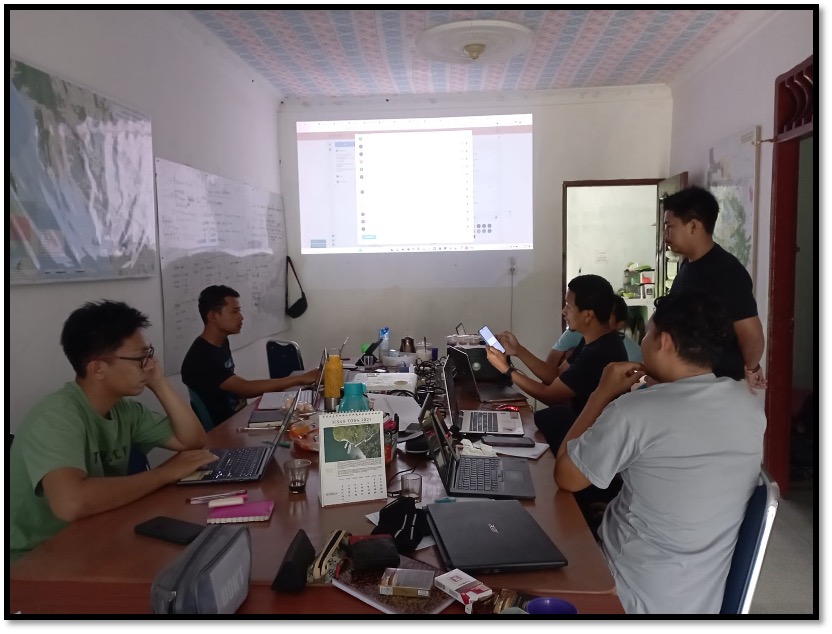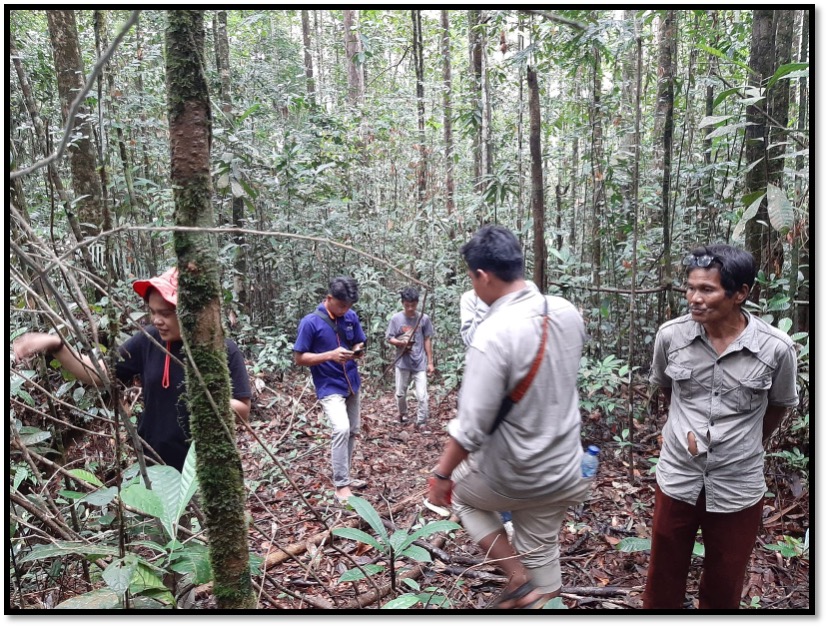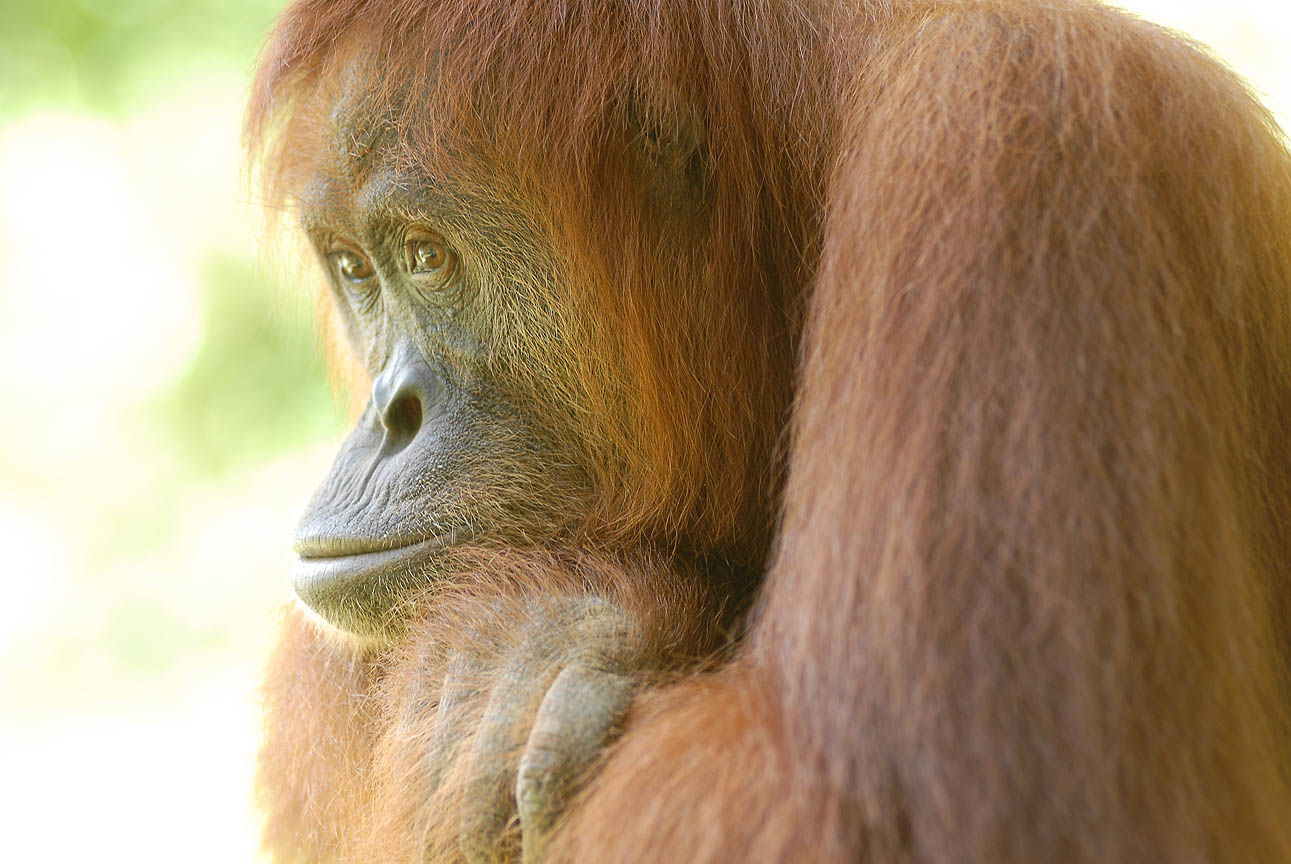Then you need to understand the ways that local communities and business rely on the land – who owns an area of forest, or the farms beside it? How do they want to use it? All this time, you also need to understand the interests of the local communities, and the pressures they face.
All of this takes expert work – people who can map out areas, and survey them for orangutans (and other species), people who understand the local social and political realities, people who can work with local communities and politicians to find solutions that work for people and nature.
And this work all needs to be reported and shared! Platforms and tools need to be used so that the data collected can be collated, shared, and used by other experts.
So, in order to protect, restore and connect critical orangutan landscapes, people need a whole raft of skills, know-how and technology. Getting equipment and technology, training people, and paying people for their work all takes time, expertise, and money.
In short, to do groundbreaking and effective conservation, you need people, those people need expertise and tools, and that means developing tools, training people, holding workshops… and a lot more!
We’re grateful recipients of a grant from the Darwin Initiative, which is a UK government grants scheme that helps conserve biodiversity and support the communities that live alongside it through locally led projects worldwide.
This kind of ‘nature and people’ approach meets SOS’s ethos; we know, through over two decades of groundbreaking work, that it’s only through working alongside local communities that we can ensure a thriving future for orangutans, rainforests and people alike.
It’s important that we empower local communities and professionals to do this work. At SOS we’re lucky to have developed strong working relationships with worldwide experts in this kind of work, and we have worked closely for years with our partners in Indonesia to increase capacity to further protect orangutans and their rainforests.
As part of our Darwin-funded work we have worked with Tangguh Hutan Katulistiwa (TaHuKah). Together, we have built capacity to use the Rimbalab platform for sharing geospatial data and maps. This allows us to collect all sorts of data essential to our work.

In 2023, we hosted a series of workshops to train people in the use of Rimbalab, as well as to build capacity within the teams in Indonesia. These workshops allow the teams at TaHuKah to:

This training has given the team members the tools to work effectively with Rimbalab and other tools, to create and regularly update mapping of orangutan territories, and to develop effective and resilient conservation plans that work with local communities. With this training, the teams will also be able to set their organisation’s own goals, to train up new team members, and better expand their work.
It’s thanks to support, funded by the UK government through Darwin Initiative, that we and our partners are able to do this work, which will go far to securing a thriving future for wild orangutans and the rainforests they call home!

You can help protect Sumatra's Orangutans. Click to get updates
